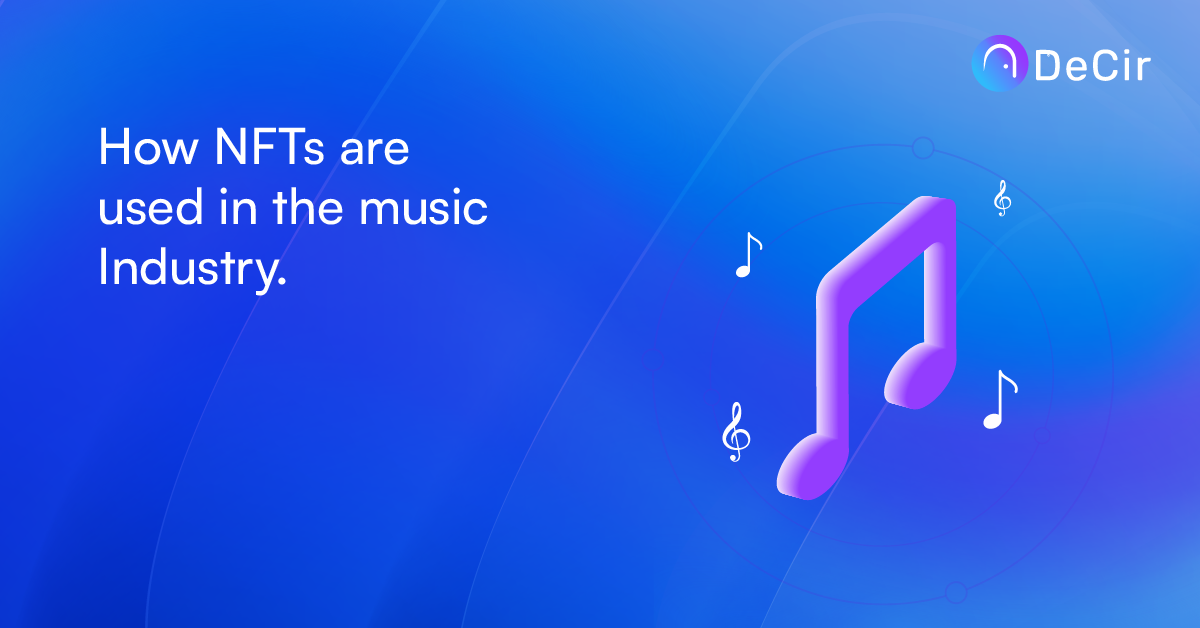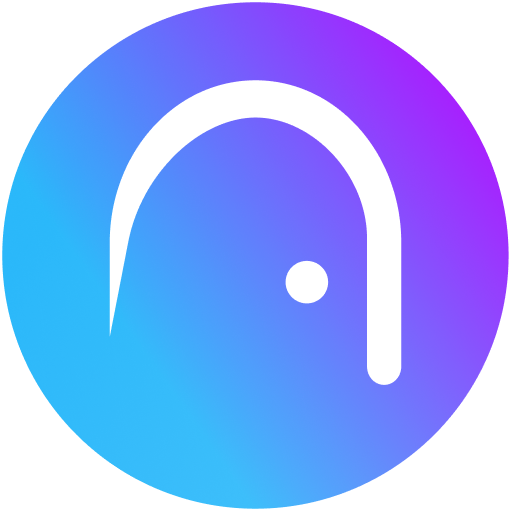Non-fungible tokens are known to have ushered in a new era of ownership on the blockchain. The concept of digital ownership has been the basis for the adoption of NFT in the music industry. NFTs help artists to build gated communities, sell existing songs, fund upcoming releases, bond and collaborate with fans and also serve them exclusive content.
TL;DR
- NFT has led to the reinvention of the traditional music industry by creating a means to incorporate fans into music ownership
- Artists can now form gated communities where they share exclusive content and even raise funds for upcoming projects
- The introduction of NFT to music has given upcoming artists an avenue to build a platform without necessarily needing the approval of music record labels.
Reinventing the Music Industry
The music industry is known to be dominated by record labels. Record labels primarily handle the end-to-end marketing of songs and the individual brand identity of artists under them. This system creates a push effect where consumers are at the receiving end of all activities. Typically, consumers (or fans) are expected to attend shows, buy tickets, listen to songs, and continuously engage with the works of an artist.
NFT has changed this stereotype. NFT has helped to create mutual benefits for artists and fans. Today, more and more music record labels are adopting NFTs with the goal of approaching user engagement from a new perspective. Effectively turning fans into collaborators and making consumers into owners.
Exclusive Token-gated Communities
The music industry naturally has a barrier that exists between artists and their fan base. Fans do not have direct access to their favorite artists. Most times, contact with artists only takes place on social media. Thus, creating what is commonly referred to as “celebrity status”.
The introduction of NFT to the music industry has reinvented the artist-fan relationship. Today, artists can now relate better with fans through the issuance of NFT membership. NFT membership automatically qualifies all collectors to be members of the decentralized autonomous organization that is subsequently built. This token-gated access usually comes with perks such as access to upcoming songs and albums, behind-the-scenes videos, exclusive access to upcoming events, and the right to song royalties.
NFT also creates an avenue for artists to tap into the creative minds of their communities. They could do this through direct collaboration and opinion-seeking. Consequently, both parties can enjoy shared prosperity and mutual benefits.
Creating Early Platform for Upcoming Artists
It is possible for established music record labels to push their young artists to stardom with relative ease. This is not the case for young independent artists. These artists often find it hard to make a name for themselves in a market that is dominated by giants.
Music NFT creates an avenue for this class of artists to build a community for themselves. Music NFT also makes it possible for these artists to raise funds for their projects. All they need to do is mint their songs as NFTs and sell them as community passes on recognized music NFT marketplaces. This way, they are able to build a community and raise funds for their projects.
Essentially, NFT in music helps create a level playing field between established record labels and relatively unknown independent artists.
Conclusion
NFT has reinvented our conception of fandom and celebrity relationships. NFT has shown how consumers can become partakers in the creative process of song creation. At the same time, NFT has ushered in a new era of digital ownership for fans, who can now own songs and earn returns from the royalties of their favorite songs.


